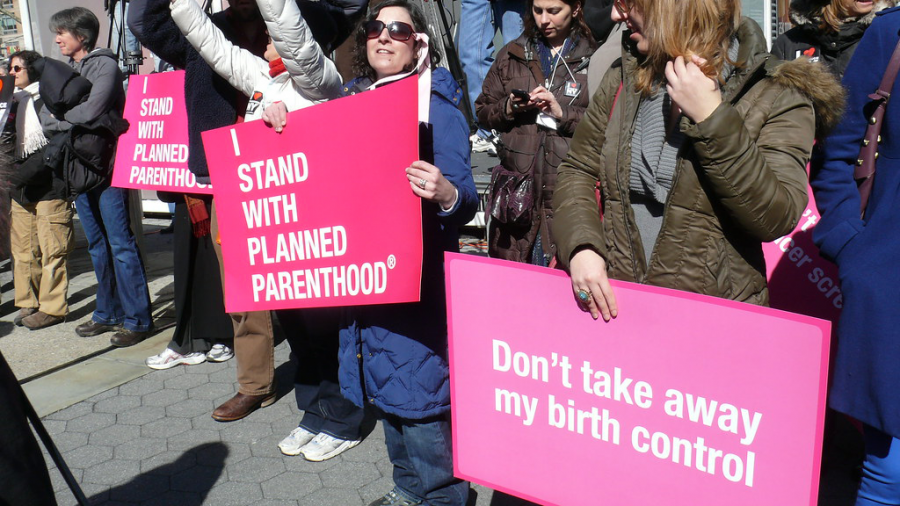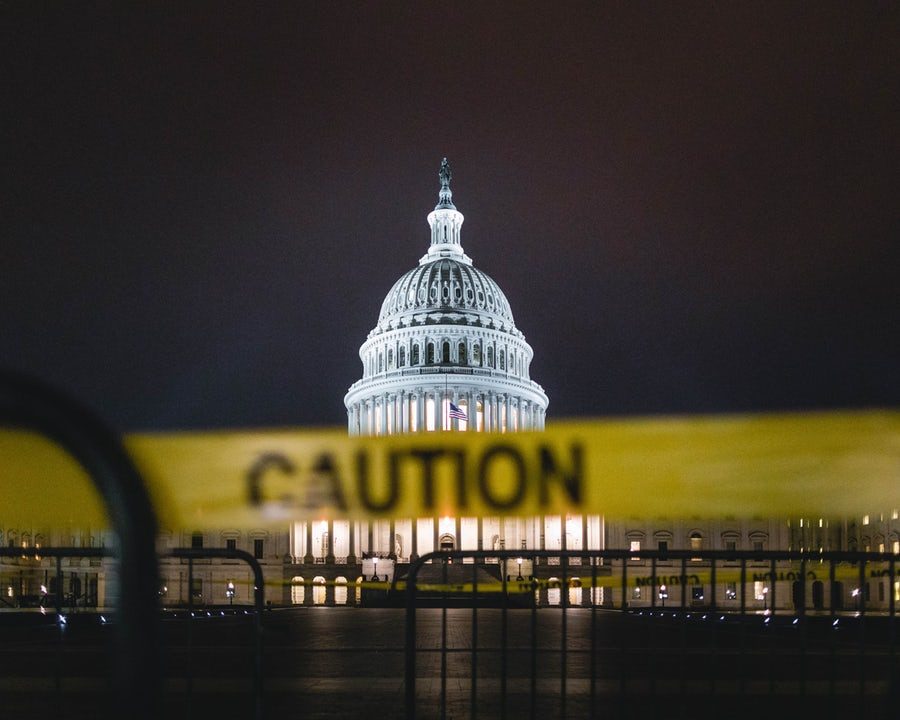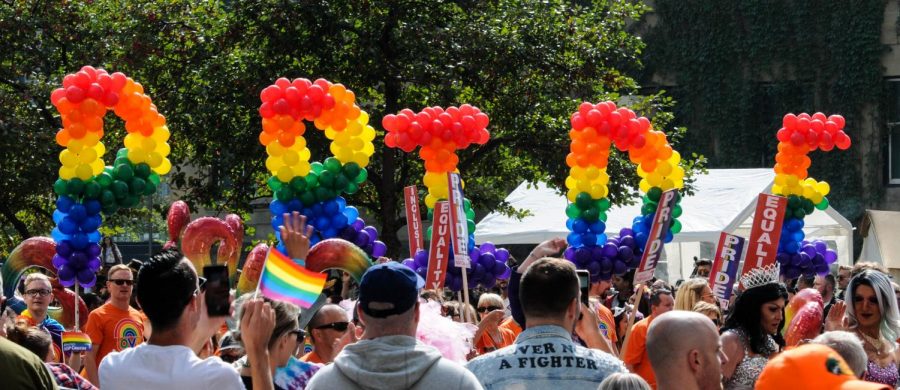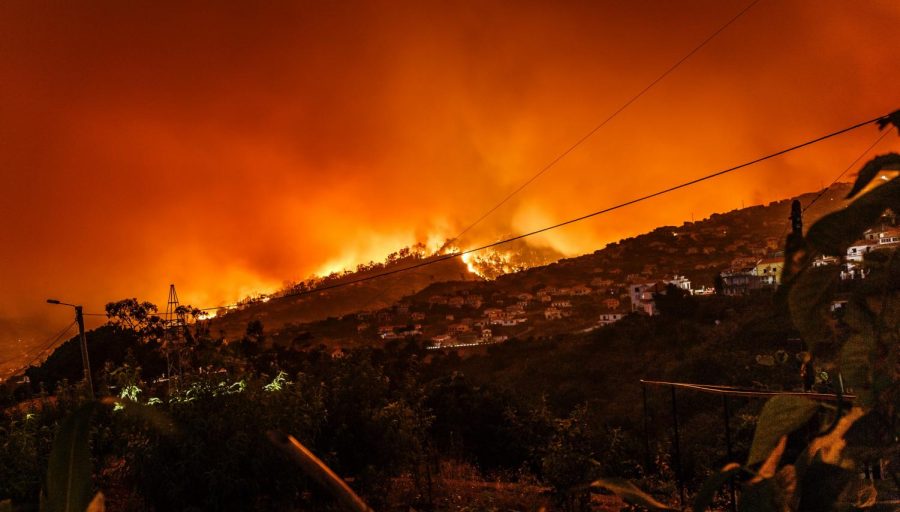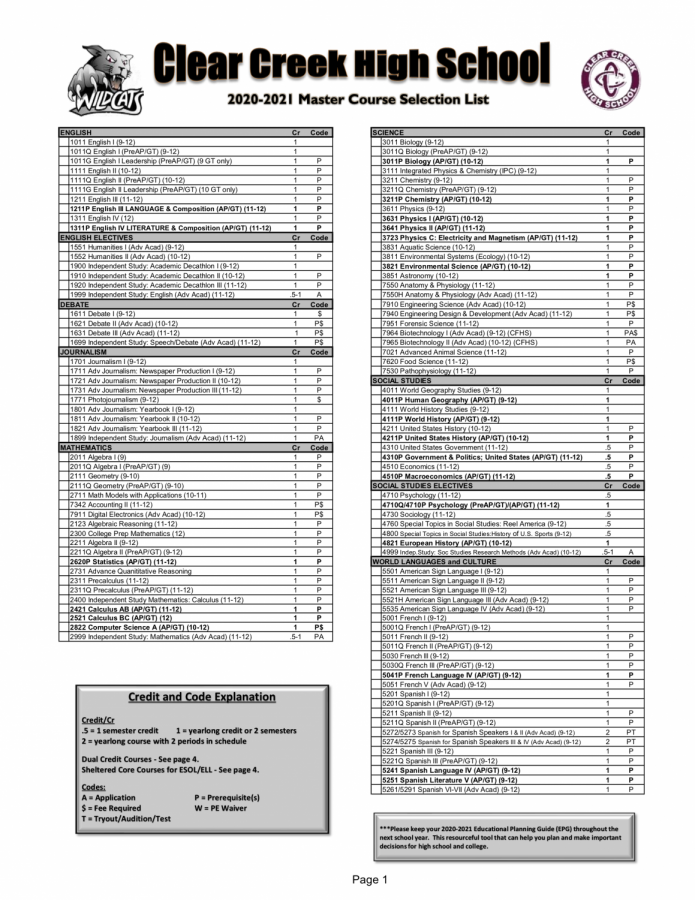Selma March reflects sacrifices made 50 years ago
People raise their arms as they march across the Edmund Pettus Bridge on Sunday, March 8, 2015, in Selma, Ala. (Brian van der Brug/Los Angeles Times/TNS)
April 7, 2015
The Edmund Pettus Bridge of Selma, Alabama was completely crowded in people reflecting upon the sacrifices that were made on that very same bridge 50 years ago, on March 8, 2015. This day which was known as Bloody Sunday was the day African American freedom-marchers nonviolently protested as they were clubbed and tear-gassed, in order to achieve freedom and voting rights.
A massive crowd of 15,000 to 20,000 people, 50 years later, walked shoulder to shoulder near the bridge as they sang the song We Shall Overcome. President Barack Obama also joined this walk to support his friends as well as the voting rights that were granted to African Americans to further bring the people of the United States together one step at a time.
“They’re going to take this struggle on and we have to understand the price that was paid for them to have what they have now. It wasn’t granted to them, it was earned by blood, sweat, and tears,” 69-year-old, William Baldwin said. He was a part of the struggle for freedom and brought his grandsons to the bridge to understand the importance of the history that Baldwin was a part of.
At a nearby church, President Obama spoke the day before the march to speak on the racial progress and how discrimination is still very much alive today. He highlighted the fact that it was not simply just for the right to vote for African Americans, but the right to vote for all Americans. While the march was nice, Obama said that it is only just the beginning of commemorating what happened in Selma. He said that what they do will reverberate throughout the ages because they proved that nonviolent change is possible. These marchers are considered as our heroes and more because they led a nation.
On Bloody Sunday, about 600 people were going to march 50 miles to Montgomery before they were forced to stop.
In 1965, President Johnson called on Congress to restore the Voting Rights Act in response to the march. In 2013, the U.S. Supreme Court overturned a provision of the law, which required certain states with a history of racial discrimination at the polls to clear changes to the law with the federal government before implementing them. Any further provisions that need to be made of the act have been stalled in Congress, however president Obama wants to change that.
“We must use this moment to recommit ourselves to do all we can to finish this work. There’s still work to be done to redeem the soul of America,” a member of Congress who took part in the event 50 years ago, John Lewis said. Lewis also agrees with President Obama that there is more that needs to be done to end racial discrimination.




